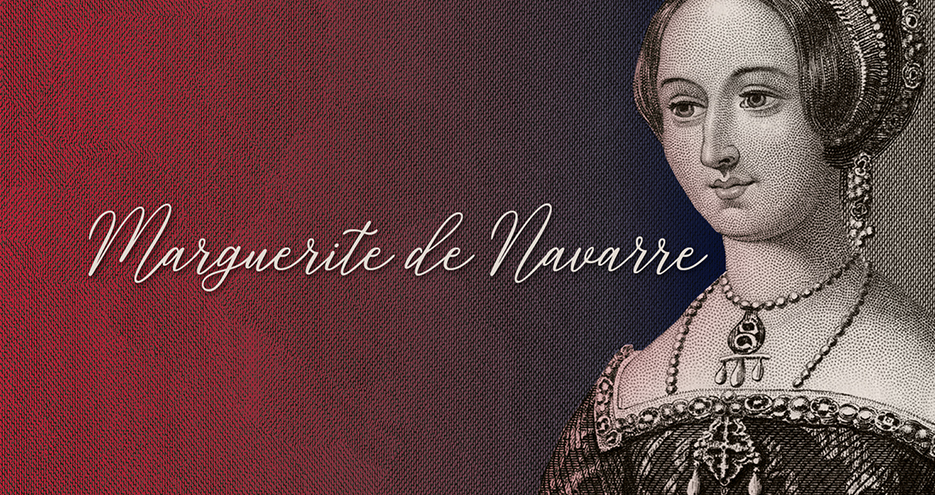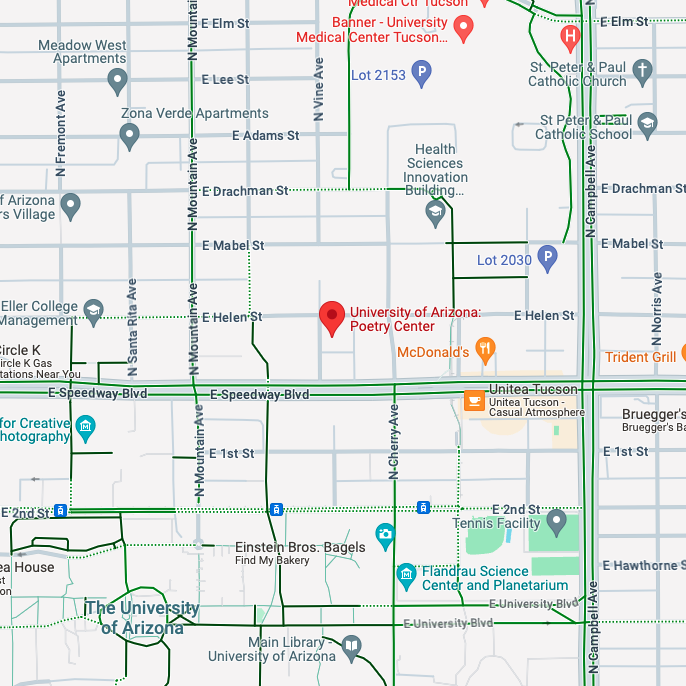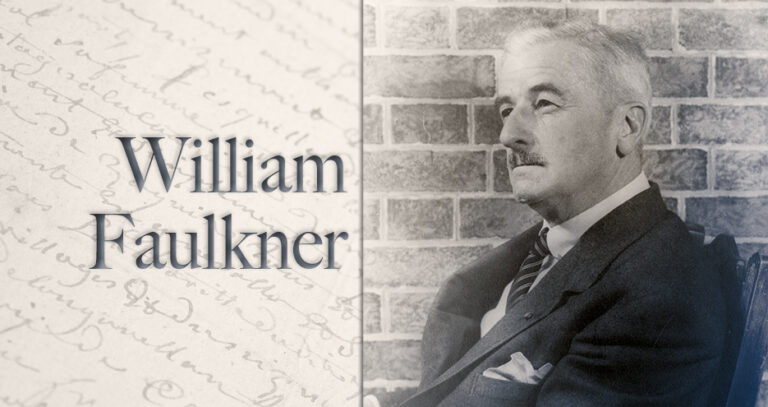This course will focus on Marguerite de Navarre’s Heptaméron, a collection of putatively “true” stories inspired by Boccaccio’s Decameron. Composed in the 1540s, the entertaining Heptaméron is puzzling on several counts. That the Queen of Navarre, sister of King Francis I and a woman known for her piety, would pen such racy tales—about adultery, trickery, clergy abuse, and murder—is surprising in and of itself. We will explore this conundrum throughout the course. In particular, we will examine realistic elements within the stories, which offer glimpses of everyday Renaissance life; the moral complexities and shifting perspectives that make the Heptaméron’s “meaning” elusive; the marginalized viewpoints of women and servants, which Marguerite uses as vehicles of revelation that contest the status quo; and the religious and sociopolitical implications of the narratives within the context of Reformation-era France.






